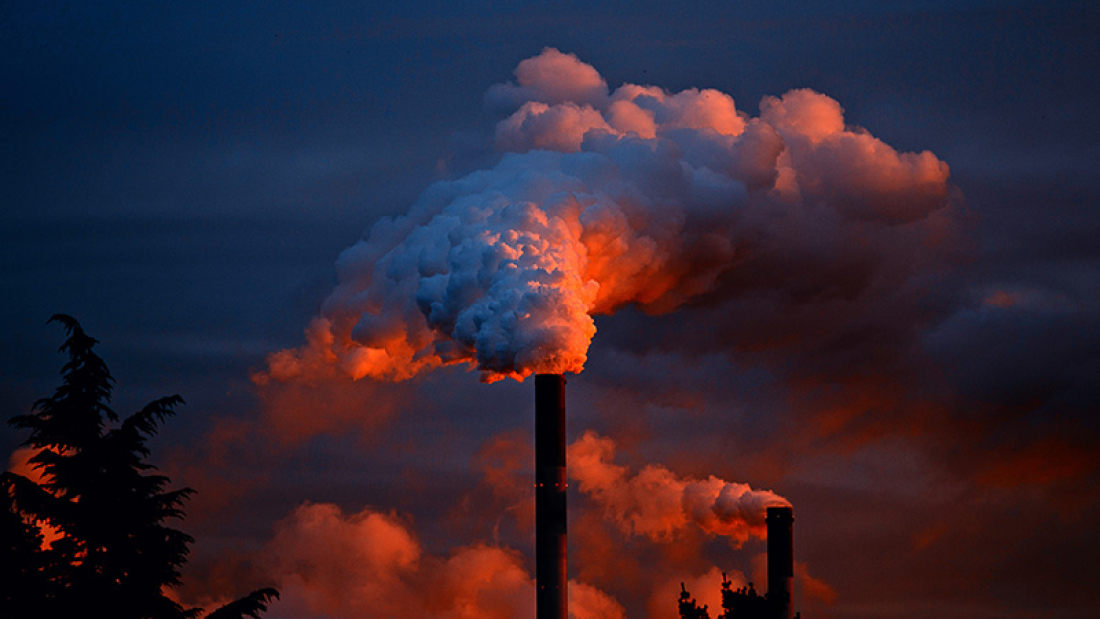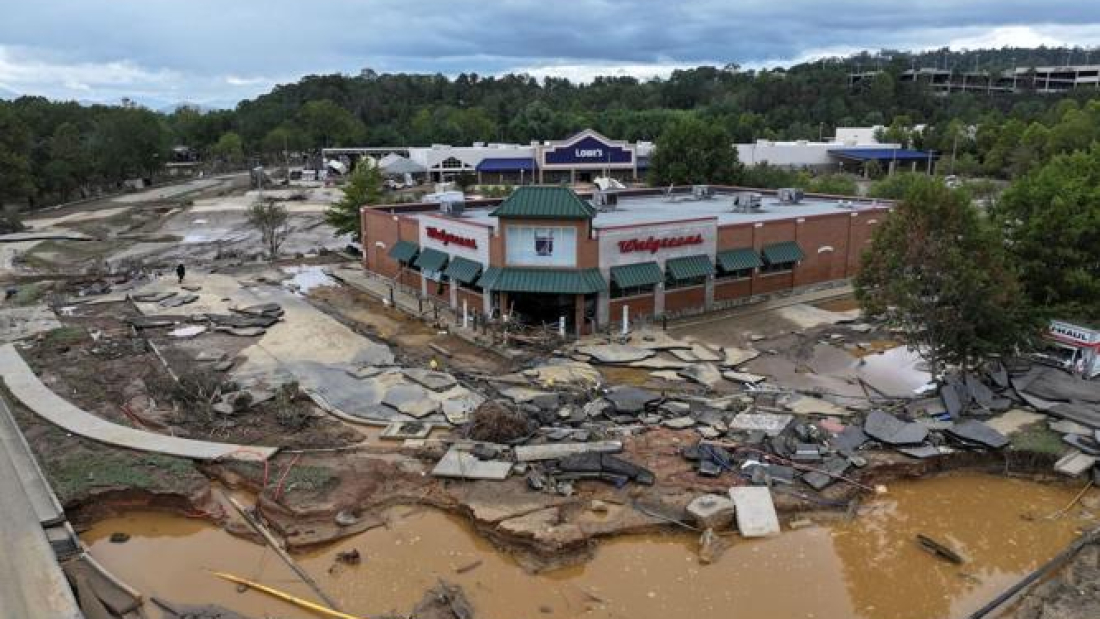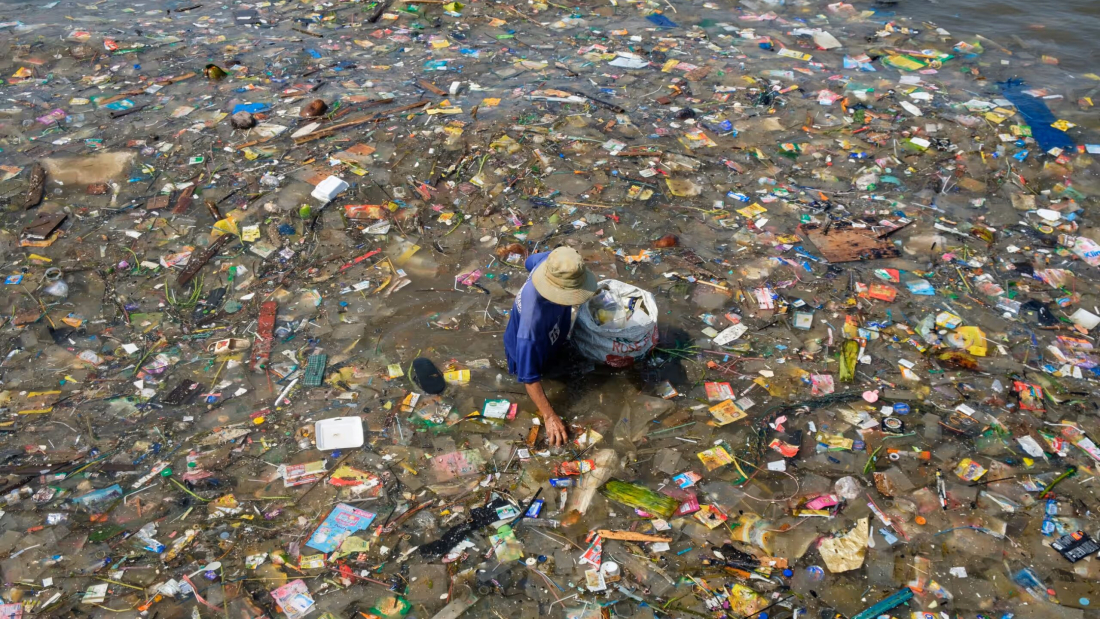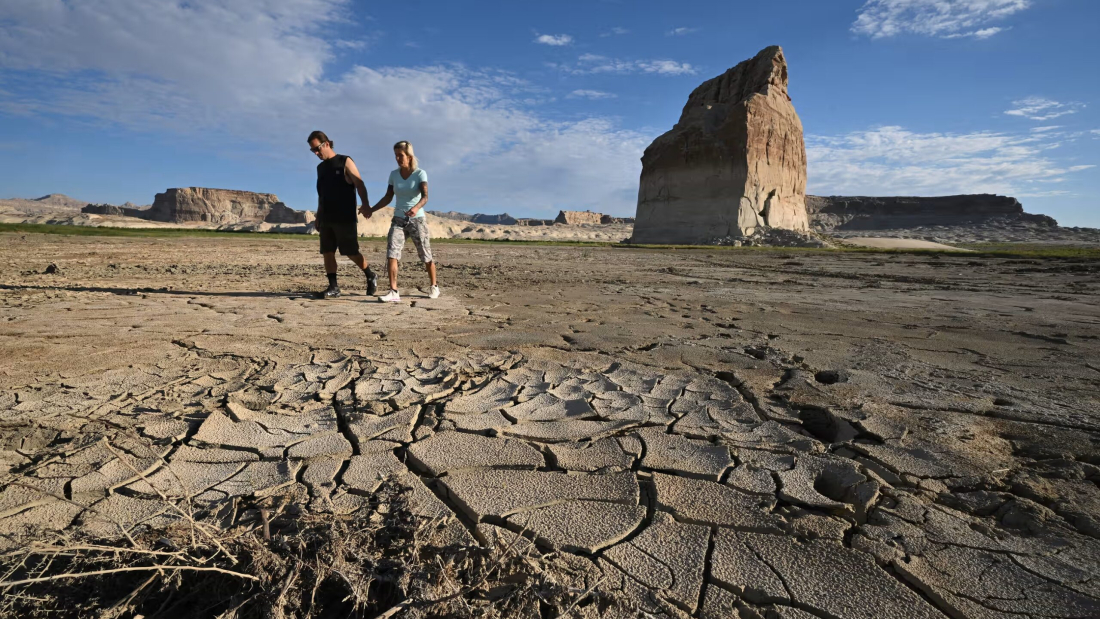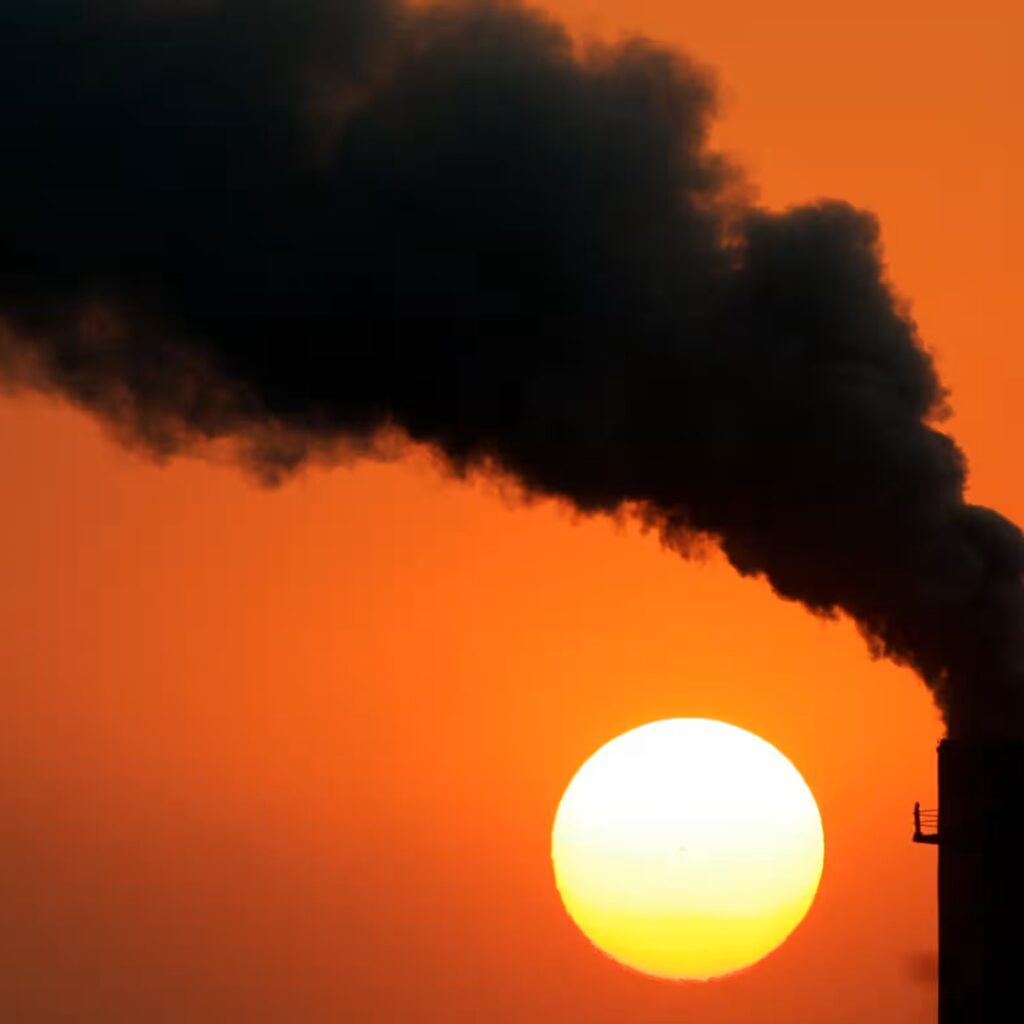
Air pollution has a significant impact on economic mobility. Studies have shown that exposure to air pollution can lead to a variety of health problems, including respiratory problems, heart disease, and premature death. These health problems can lead to missed workdays, reduced productivity, and increased healthcare costs.
In addition, air pollution can also negatively impact cognitive development. Studies have shown that children exposed to high levels of air pollution are likelier to have lower IQ scores and poorer academic performance. This can lead to reduced educational attainment and lower earnings potential later in life.
The economic costs of air pollution are significant. In the United States, for example, air pollution is estimated to cost the economy over $100 billion annually. This includes the costs of lost productivity, healthcare expenses, and premature death.
Air pollution also has a disproportionate impact on low-income communities. These communities are often located in areas with high levels of air pollution, such as near industrial facilities and major highways. As a result, low-income individuals and families are more likely to experience the adverse health and economic consequences of air pollution.
Several steps can be taken to reduce air pollution and its impact on economic mobility. These include:
- Investing in clean energy sources, such as solar and wind power
- Reducing our reliance on fossil fuels
- Improving public transportation and promoting active transportation
- Enforcing stricter air pollution regulations
By taking these steps, we can help to create a healthier and more prosperous future for everyone.



